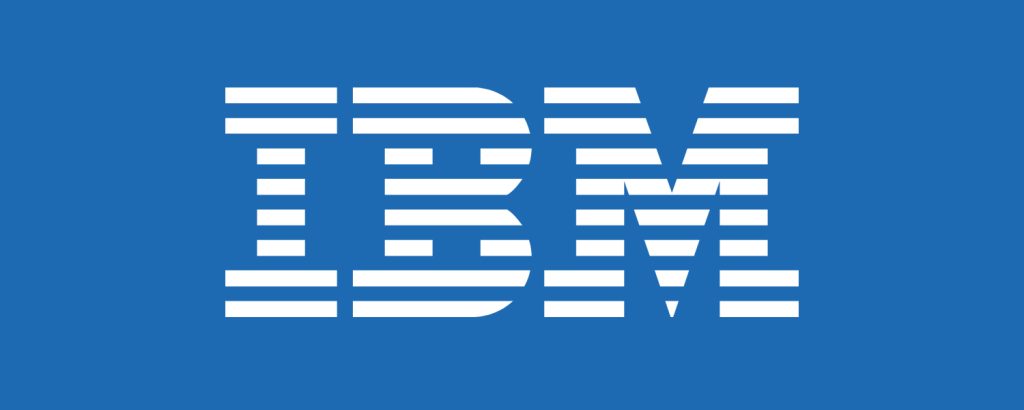IBM announced on Tuesday that it would be developing a large-scale, fault-tolerant quantum computer called Quantum Starling. This involves the new IBM Quantum Nighthawk processor, which is set to release later this year, according to a blog post announcing the details.
“Unlocking the full promise of quantum computing will require a device capable of running larger, deeper circuits with hundreds of millions of gates operating on hundreds of qubits, at least,” the company said in a blog post. “More than that, it will require a device capable of correcting errors and preventing them from spreading throughout the system. … It will require a fault-tolerant quantum computer.” Fault tolerance refers to the system’s ability to correct and deal with errors.
READ: Microsoft unveils its first quantum computing chip (February 20, 2025)
Quantum Starling will be built at the IBM Poughkeepsie Lab in New York. The company has unveiled a roadmap that sets a timeline for the components needed in the build, with a series of processors and adapters, all of which are named after birds. IBM is planning to build the Quantum Loon chip, followed by the Quantum Kookaburra, a quantum processor module, in 2026 according to a blog post. The Quantum Cockatoo adapter is set for 2027.
IBM also stated that the Quantum Nighthawk would replace the company’s Quantum Heron processor. It also said Nighthawk can run quantum circuits with 5,000 gates, like the Heron, and there are plans to boost it to 15,000 gates by 2028.
This is the latest development in the quantum race which has accelerated since Google announced its breakthrough quantum chip “Willow” in December. In February, Microsoft unveiled its first quantum computing chip “Majorana”. According to the company, the chip makes use of a new topological core architecture which would help realize quantum computers capable of solving meaningful, industrial-scale problems in years, rather than in decades. Majorana 1 makes use of the world’s first topoconductor—a new category of material that can create a new state of matter— using the Majorana particle, a unique type of particle that is its own antiparticle.
In March, Nvidia announced its plan to establish a dedicated research lab called The Nvidia Accelerated Quantum Research Center, or NVAQC in Boston, partnering with Quantinuum, the quantum computing company founded through the merger of Cambridge Quantum and Honeywell Quantum Solutions in 2021, as well as Quantum Machines and QuEra Computing.
READ: IBM CEO Arvind Krishna believes AI will not replace humans (March 13, 2025)
Cisco entered the race in May, with its California lab, and new quantum computing chip. The company showcased a prototype chip for networking quantum computers together while revealing its plans for a new lab in Santa Monica, California.
Recently a Reuters report revealed that quantum computing startup PsiQuantum has been valued at $6 billion following the latest fundraising round led by BlackRock. This indicates that quantum computing has become an area of interest not just for tech companies, but also for investors.

